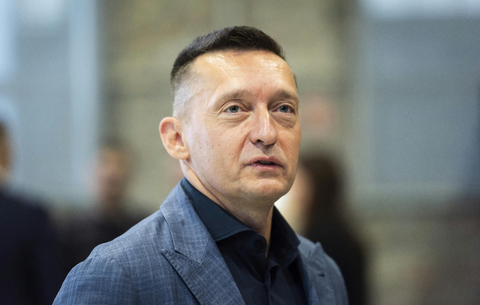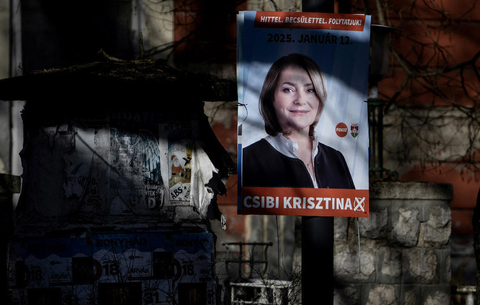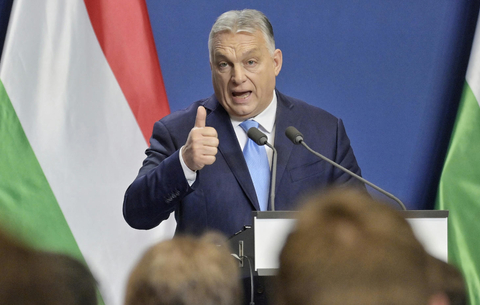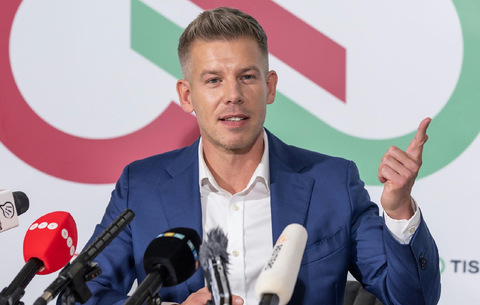Opposition Party In Large Makeover
Largest opposition party Fidesz has been losing ground since the unsuccessful referendum in December 2004. However, the party’s woes are not as big as the governing parties suggest. While Fidesz leader Viktor Orbán is seen weakening, allegedly he is working hard in the background to rejuvenate his party.
By the turn of 2004 and 2005 governing party MSZP has come close to Fidesz in popularity figures, however, the opposition party is seen capable to strengthen its support. The latest polls by Medián already show Fidesz gaining support again.
Signs that Fidesz could be puzzled by MSZP’s advance surfaced when rightwing papers discussed at length that Fidesz’ headquarters took over control of communication issues from the party’s Parliamentary group, leaving MPs and their aides hurt. The trouble reached a quick end when the party’s presidium announced a new communication strategy by appointing deputy Parliamentary group leader Antal Rogán to be campaign chief heading the party’s preparations for the 2006 elections and appointing András Gyürk as an international spokesman representing the party’s views abroad.
In the meantime, Fidesz is expected to separate the positions of party chairman and prime minister-candidate, giving the latter post to Viktor Orbán. In the party chairman’s seat Orbán could be replaced by one of either Debrecen Mayor Lajos Kósa, Parliamentary group leader János Áder, former Finance Minister Mihály Varga or former chairman Zoltán Pokorni. While many recent media appearances showed Orbán as a tired leader, sources say he is more active than ever and demands high performance from local party leaders, whose appointment now depends primarily on Orbán as a result of a recent rule change in the party.
2005 will be the year of preparation for Fidesz, say sources within the party. While the opposition party faces a refreshed MSZP, with Prime Minister Ferenc Gyurcsány regularly appearing in the mass media, it opts to stay quiet and test some “below-the-line” techniques of political communication. For an election victory in 2006, Fidesz would need 1 million additional voters, whom it aims to target with direct communication involving Orbán meeting people in small circles on a regular basis. Fidesz has also strengthened its polling activities as it wants to see clearly how voters react to the party’s activities in upcoming issues in 2005, giving Fidesz ammunition to prepare new messages for 2006.









